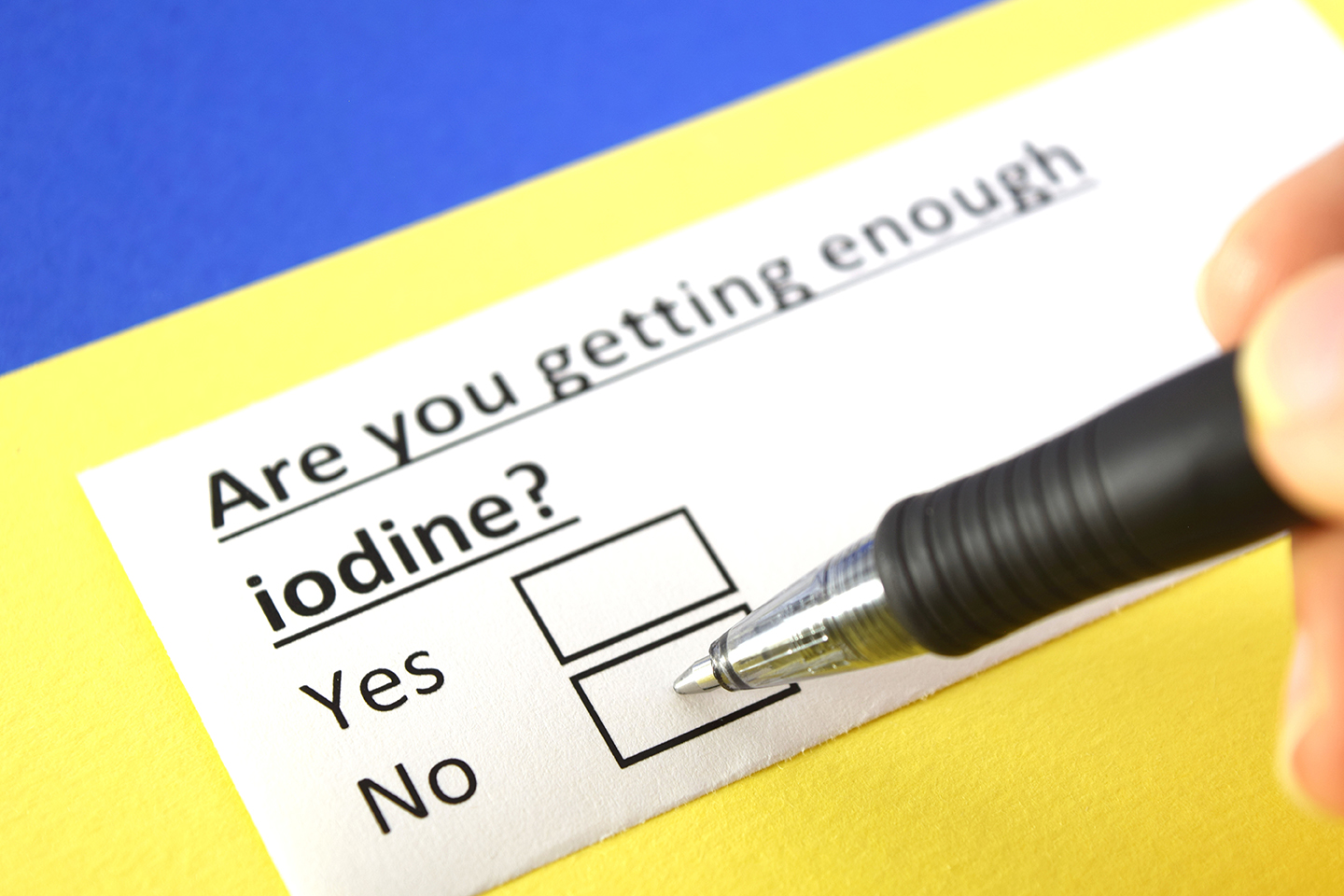People have underactive thyroid hormone production for various reasons. Leading causes for having lower levels of thyroid hormones in the blood include:
- Autoimmune diseases like Hashimoto’s thyroiditis
- Congenital causes leading to thyroid agenesis (congenital hypothyroidism)
- Treatment for hyperthyroidism
- Thyroid cancer
- Usage of certain medications
- Other autoimmune conditions like sarcoidosis
- Pituitary gland dysfunction
- Genetic reasons
- Iodine deficiency/excess
When hypothyroidism is caused due to an insufficiency of the thyroid gland, it is called primary hypothyroidism. When there is reduced release of thyrotropin-releasing hormone, it is called secondary hypothyroidism. This is caused due to disorders of the pituitary gland or the hypothalamus. When women develop hypothyroidism post-delivery, it is called postpartum thyroiditis.
In most cases, primary hypothyroidism is caused due to a deficiency of iodine and autoimmune conditions. Primary hypothyroidism is also caused due to the usage of medications like antidepressants (lithium based), interferon alpha, amiodarone, and radioactive iodine treatment.
Secondary hypothyroidism is mainly caused due to the formation of lesions in the pituitary glands, aneurysm of the internal carotid artery, autoimmune diseases, congenital disorders, and infections like tuberculosis.
What is subclinical hypothyroidism?
In this condition, a person has increased level of thyroid-stimulating hormone (TSH levels), but the serum levels of T3 and T4 are normal. This condition does not show up with any of the symptoms of hypothyroidism.
Subclinical hypothyroidism, also known as mild thyroid failure, is higher in women than men and the risk increases with age. However, the risk of subclinical hypothyroidism is almost the same in both men and women after the age of 60 years.
In people with subclinical hypothyroidism, TSH levels are higher than the normal levels and can occur in people without any thyroid issues. Though it can occur due to other disease conditions, subclinical hypothyroidism is caused mainly due to autoimmune conditions. It is also known to affect women postpartum.
Subclinical hypothyroidism is characterized by a TSH level that is in range (less than 10 mIU/L) but is considered more for that particular person. Medical practitioners and endocrinologists generally prescribe thyroid medication only when TSH level crosses 10 mIU/L; however, some patients might be prescribed thyroid medication even in subclinical hypothyroidism in the presence of higher levels of antithyroid antibodies. Prescription of thyroid medication in subclinical hypothyroidism depends totally on the discretion of the endocrinologist.
What is overt hypothyroidism?
This is a condition in which a person has elevated levels of TSH (thyroid-stimulating hormone), but there is a reduction in the levels of T3 and T4 hormones. Some people who have subclinical hypothyroidism develop overt hypothyroidism due to lack of action of certain thyroid antibodies.
Overt hypothyroidism is also a common feature in pregnant women. When untreated, overt hypothyroidism can lead to delayed development and abnormal brain development in the fetus. A thyroid function test is recommended for pregnant women between 10 to 12 weeks of pregnancy.
As per guidelines, people who are diagnosed with overt hypothyroidism (with FT4 test) are given hypothyroidism treatment only if the TSH levels are higher than 10 mIU/L. However, treatment approaches change for people who have positive thyroid antibodies and goiters and yet have lesser TSH levels between 5 to 10 mIU/L.
Some studies suggest that both subclinical and overt hypothyroidism are risk factors for high cholesterol levels and cardiac issues. So, it is important for people with subclinical and overt hypothyroidism to consult an endocrinologist and consider thyroid hormone balancing diets along with treatment.












